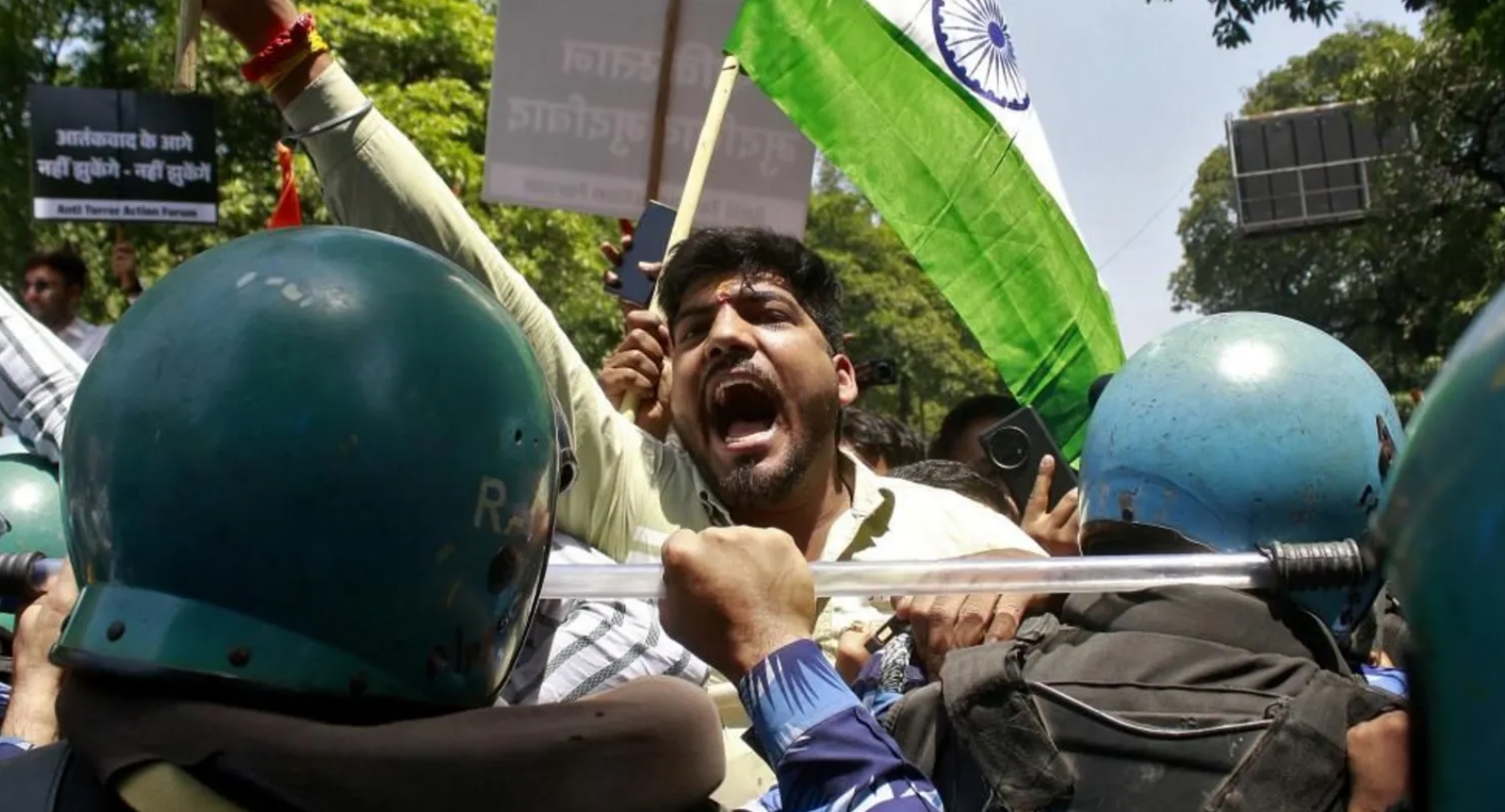Pakistan suspends tourist visas for Indians following a deadly Kashmir attack. Discover the political fallout, impact on tourism, and what it means for India-Pakistan relations.
Pakistan Suspends Tourist Visas for Indians After Deadly Kashmir Attack
In the wake of a tragic attack in Indian-administered Kashmir that killed 26 people—25 Indian tourists and one Nepalese national—Pakistan suspends tourist visas for Indians in a dramatic escalation of regional tensions. The attack, which targeted a bus carrying pilgrims in the Pahalgam area, has drawn condemnation across South Asia and is now driving significant diplomatic fallout between the two neighboring nations.
The announcement that Pakistan suspends tourist visas for Indians was confirmed by officials in Islamabad, citing security concerns and deteriorating diplomatic ties with India. This move follows a pattern of tit-for-tat actions that have historically strained relations between the nuclear-armed rivals.
Why Pakistan Suspends Tourist Visas for Indians
The decision by Pakistan is being viewed as a direct response to the Kashmir attack, which Pakistani officials claim reflects growing instability and ineffective security measures in the disputed territory. By halting visa issuance to Indian nationals, Pakistan suspends tourist visas for Indians as a symbolic and political gesture meant to pressure New Delhi.
This development also coincides with India’s recent closure of land borders with Pakistan and the suspension of cross-border trade. Both countries are clearly hardening their stances, raising fears about the potential for wider conflict.
➡️ Learn more about the Kashmir conflict’s history and geopolitical impact on Britannica.
Tourism in Kashmir Hit Hard as Pakistan Suspends Tourist Visas for Indians
Kashmir’s tourism industry has long served as a vital economic engine for the region. But now, as Pakistan suspends tourist visas for Indians, the consequences are being felt by businesses, hoteliers, and transport services that rely heavily on Indian tourists.
Indian citizens often travel to Pakistan for religious pilgrimages and family visits, and Kashmir has historically seen cultural exchanges between communities across the border. This ban disrupts those connections. Many travel agencies have already reported large-scale cancellations, and cross-border religious tourism is now on indefinite hold.
➡️ Explore the economic impact of regional tensions on tourism from The Guardian.
India’s Reaction to Pakistan’s Visa Ban
India has condemned the attack in Kashmir and blamed Pakistan-based militant groups, although Pakistan denies any involvement. In retaliation, India has suspended bilateral trade and imposed strict visa regulations for Pakistani citizens.
The Indian Ministry of External Affairs labeled the visa suspension as “an unhelpful move at a sensitive time,” and urged Islamabad to focus on cross-border cooperation instead of political posturing.
➡️ Read more about the official Indian response on Reuters.
Regional Tensions Deepen: What’s Next?
With Pakistan’s visa suspension now in effect, and India taking similar retaliatory steps, concerns are rising over the potential breakdown in diplomatic communications. Analysts warn that unless both sides seek dialogue, the region may inch closer to a full-scale conflict.
Meanwhile, local communities in Kashmir—already struggling with economic hardship—now face further uncertainty. The fact that Pakistan suspends tourist visas for Indians marks more than just a temporary diplomatic freeze; it signals a deeper and more entrenched conflict over Kashmir’s future.
➡️ Get a global perspective from BBC News on India-Pakistan Relations.
Conclusion: A Step Backwards for Peace
As Pakistan suspends tourist visas for Indians, the move underscores how fragile peace in South Asia really is. While nations around the world call for de-escalation and diplomatic talks, India and Pakistan appear to be moving in the opposite direction.
The visa ban not only affects politics but also families, religious pilgrims, and everyday citizens who depend on peaceful cross-border ties. For the region to move forward, a renewed commitment to dialogue, cooperation, and conflict resolution is essential.


